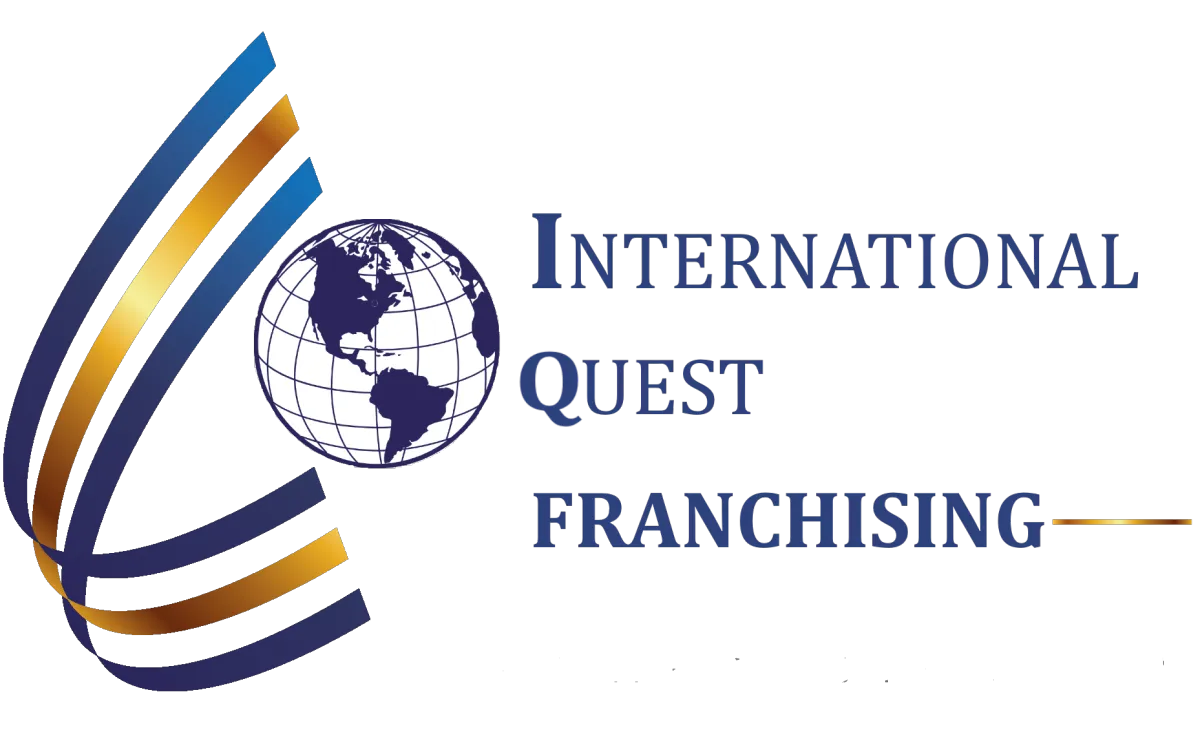
Franchise Territory Development and Management
Overview of Franchise Territory Development and Management
Franchise territory development involves determining specific geographic and demographic areas where a franchise will operate, ensuring that franchisees have a clear and defined market in which to grow their business. Effective territory management is crucial because it not only maximizes market penetration but also minimizes conflicts and overlaps among franchisees.

The primary audience for this discussion comprises business owners, franchise developers, and those in operational roles looking to gain strategic advice and operational support in franchise development. Key challenges in this area include managing territorial conflicts, adapting to market changes, and balancing growth with maintaining quality standards. Nevertheless, the opportunities for growth, market potential, and business scaling are significant when managed correctly.
Need Help? Use International Quest Franchising, LLC
IQ Franchising helps businesses grow and expand through franchising by working closely with clients to build strong, successful franchise systems. We start by understanding your business, then develop a strategic plan that addresses opportunities and maximizes profits. Our expertise in project management and operational efficiency, like Lean & Six Sigma, ensures your franchise system is both effective and sustainable. With our support, your business can thrive, and franchisees can make a positive impact in their communities. Let us help you achieve success and reach your franchising goals. To learn more, Visit. (916) 774-7142
Defining Franchise Territories
Determining franchise territories requires a set of criteria that includes geographic boundaries, population density, and customer demographics. Geographic considerations involve analyzing the landscape to ensure adequate market presence without oversaturation. Demographic factors such as age, income level, and lifestyle preferences are crucial for tailoring services and products to the target audience.
Market saturation and competition analysis are necessary to prevent overlapping territories and to gauge the competitive landscape. Market research tools and data analytics play a fundamental role in this process, offering insights that help in making informed decisions about potential territories. These tools can identify gaps in the market and highlight areas with high growth potential.
Strategic Planning for Territory Development
Strategic planning begins with setting clear franchise development objectives, such as market share targets, revenue goals, and growth timelines. Identifying high-potential markets involves analyzing market conditions, consumer demand, and economic indicators to pinpoint areas that promise profitability.
The territory strategy must align with the overall business goals to ensure a cohesive and effective plan. Incorporating flexibility into the development plan allows the business to adapt to unforeseen changes and challenges, maintaining a strategic edge.
Operational Support for Franchisees
New franchisees require comprehensive training and access to resources to hit the ground running. Consistent support, including regular check-ins and performance reviews, ensures that franchisees remain aligned with the brand’s standards and operational guidelines.
Implementing tools and technology such as Customer Relationship Management (CRM) systems can streamline operations, making it simpler to manage customer interactions and data. Building a support network among franchisees fosters a collaborative environment where they can share experiences, solutions, and best practices.
Challenges in Franchise Territory Management
Territorial conflicts and overlaps can arise, necessitating clear policies and arbitration methods to resolve disputes. Adjusting to changing market conditions, such as economic shifts or consumer behavior changes, requires agility and foresight.
Balancing growth with quality standards is vital to ensure that rapid expansion does not compromise the brand’s reputation. Compliance with legal and regulatory requirements is another key aspect that needs continual monitoring and adaptation.
Leveraging Technology for Territory Management
Technological solutions such as Geographic Information Systems (GIS) are essential for detailed market analysis. GIS can map out territories, visualize market data, and identify optimal locations for new franchises. CRM systems enhance operational efficiency by facilitating better customer management and engagement.
Predictive analytics offer the capability to forecast market trends, providing a competitive edge in strategic planning. Mobile and cloud-based tools enable real-time data access, allowing franchisees and franchisors to make quick, data-driven decisions.
Future Trends in Franchise Territory Development and Management
Emerging technologies like artificial intelligence and machine learning are revolutionizing territory management by enhancing data analysis and decision-making processes. The increasing reliance on data-driven decision-making is transforming how franchise territories are identified and managed.
Consumer behaviors and preferences continue to evolve, necessitating adaptive strategies that can cater to new demands. Future predictions indicate a rise in personalized services and localized marketing, making it essential for franchises to stay ahead of trends.
Summary: Best Practices for Franchise Territory Development
Effective franchise territory development combines strategic planning, operational support, and technology utilization to ensure success. Key points include establishing clear objectives, using data for decision-making, providing ongoing support to franchisees, and adapting to market changes.
Proactive territory management is encouraged, emphasizing continuous learning and adaptation. With these practices, franchise systems can achieve sustainable growth and long-term success.
International Quest Franchising, LLC
Business Address: 3017 Douglas Blvd. Ste. 300
City: Roseville
State: CA
Zip: 95661
Phone: (916) 774-7142

